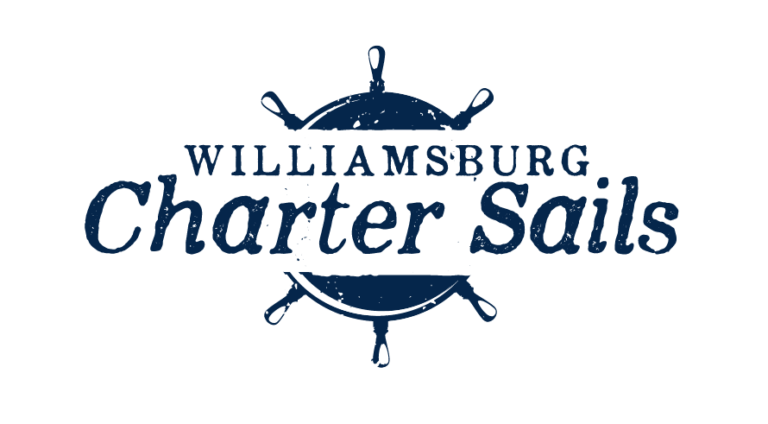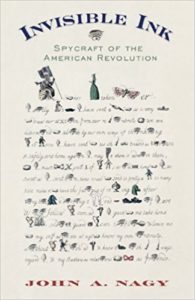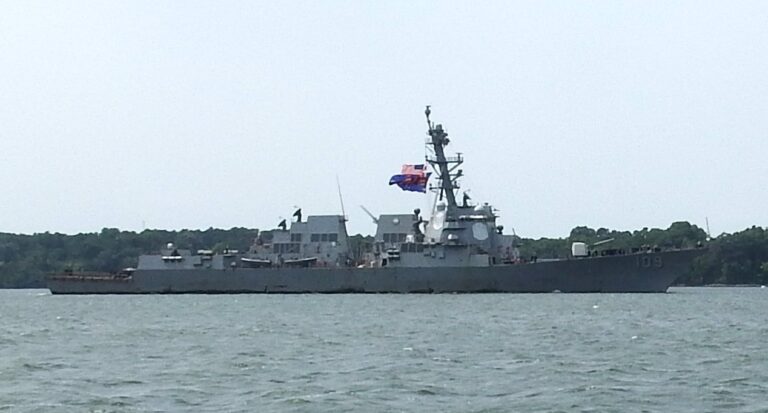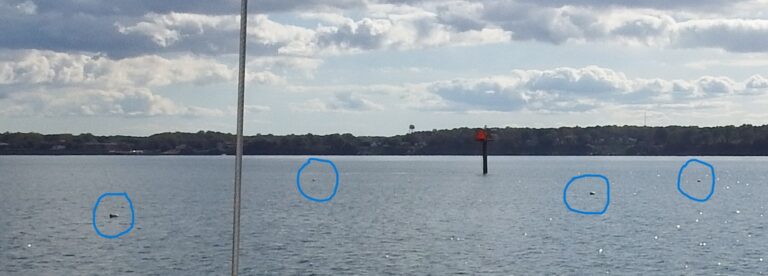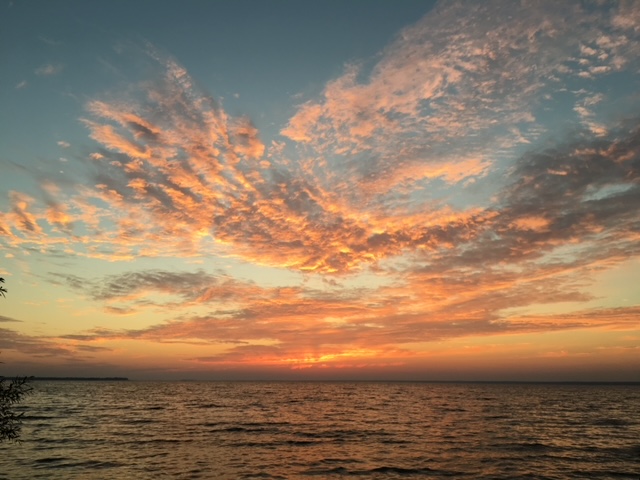
Last Sail
It was a cold and dreary afternoon in late November when I took Stephen Warrick out for the fourth time, with his pal Lisa Fronkenberger. They took ASA 101 together with two other people whom they will join for a combined 103/104 that will take them three days and two
